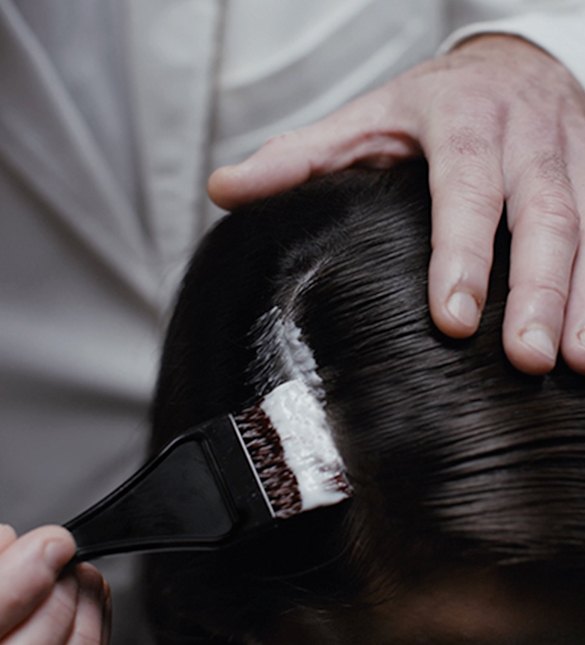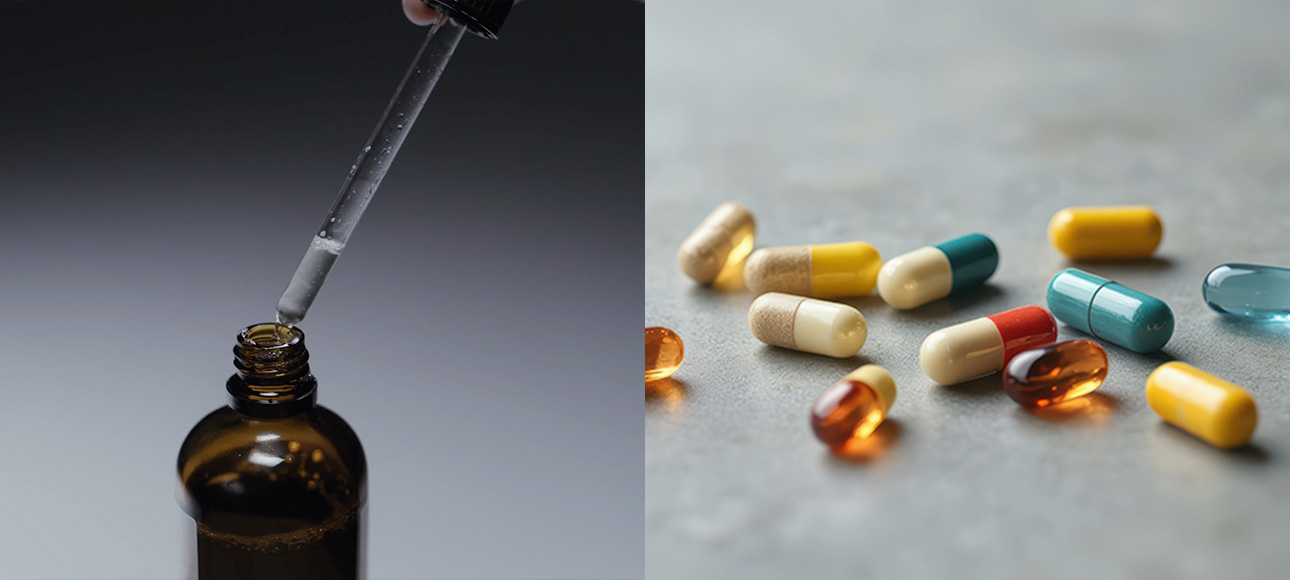
If you’re suffering with a hair loss condition, then you’re not alone as hundreds of millions of people around the globe are too.
According to the Canadian Dermatology Association, male pattern baldness affects roughly 50 per cent of men, with 4 out of 5 men experiencing some degree of hair loss by age 70.
While for women, the Association states that roughly 40 per cent will experience signs of female pattern hair loss by age 50. And with alopecia areata – the autoimmune disease that results in bald patches that occur randomly on the scalp, face or body – occurring in 2 per cent of the population and a host of other hair loss conditions like traction alopecia, and telogen effluvium being ever present, it’s little wonder that people are reaching for hair loss medications in a bid to regrow their tresses.
But how effective are these medications, and are they really the wonder drugs people believe them to be? Ricardo Vila Nova doesn’t think so….
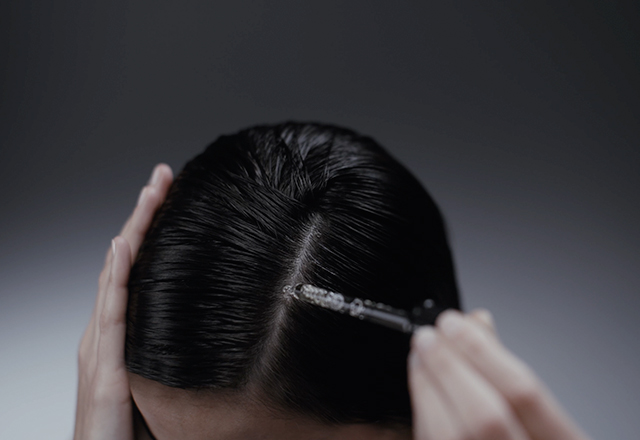
Hair loss medications explained
“Hair loss medications are formulated to hold off any further hair loss, as well as regrow hair that has been lost. However, there is a major misconception that hair loss medications can trigger your hair to grow like weeds, i.e. fast, and in abundance. In the case of androgenetic alopecia medications, what they really do is minimise the androgenetic receptors of DHT – a major culprit in hair follicle miniaturisation which leads to thinning hair and eventual hair loss,” explains Vila Nova.
There’s finasteride which works by inhibiting the enzyme 5-alpha-reductase, which converts testosterone into dihydrotestosterone (DHT). Minoxidil that stimulates hair follicles, encouraging them to enter the anagen (growth) phase of the hair cycle. Oestrogen helps balance hormone levels, which can help reduce the impact of excess androgens that contribute to hair thinning in women. Spironolactone is often prescribed off-label for female pattern hair loss, as it works by reducing the levels of male androgens in the body, thereby preventing the shrinking of hair follicles. And finally, corticosteroids work by suppressing the immune system, which can help reduce the inflammation and immune response that causes hair loss in conditions like alopecia areata.
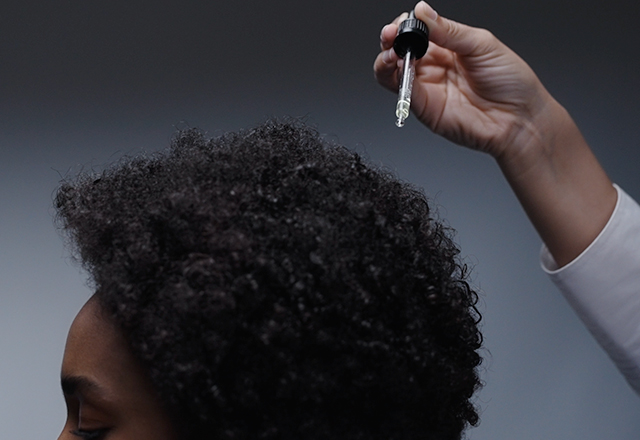
The pros and cons of hair loss medications
Finasteride
Pros:
- Effective for many men with androgenetic alopecia.
- Can halt hair loss and even encourage regrowth.
- Easy to use (a daily oral tablet).
Cons:
- Side effects include decreased libido, erectile dysfunction, and mood changes.
- May take several months to see noticeable results.
- Not effective for all users, particularly those with more advanced hair loss.
- Not recommended for women as it can cause birth defects and is not as effective for females.
- Can cause fatigue.
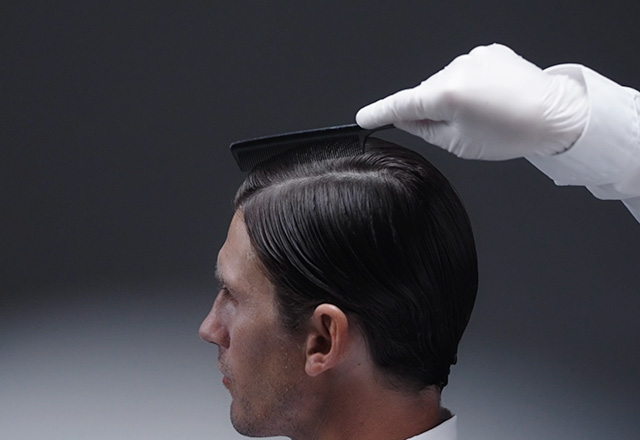
Minoxidil
Pros:
- Available over the counter without a prescription.
- Can be used by both men and women.
- Suitable for a variety of alopecia types, including androgenetic alopecia and telogen effluvium.
Cons:
- Results can vary widely, and not everyone sees significant improvements.
- Must be used consistently; discontinuation often results in hair loss resuming.
- Potential for scalp irritation or dryness.
- Can increase facial and body hair.
- Can interfere with blood circulation and cause heart palpitations.

Oestrogen
Pros:
- Can help reduce hair loss caused by hormonal imbalances, especially in post-menopausal women.
- Balances hormones, which may improve other symptoms of menopause (like hot flashes and mood swings).
Cons:
- Can have side effects, including blood clots, breast tenderness, and increased risk of certain cancers.
- Only effective for women who are experiencing hair loss due to hormonal changes.

Spironolactone
Pros:
- Effective for women, especially those with hormonal imbalances like PCOS.
- Helps with hair regrowth by targeting the hormonal causes of hair loss.
Cons:
- Can cause side effects like menstrual irregularities, dizziness, or increased potassium levels.
- Not suitable for men, as it can cause feminising side effects.
- Requires regular blood tests to monitor potassium levels.
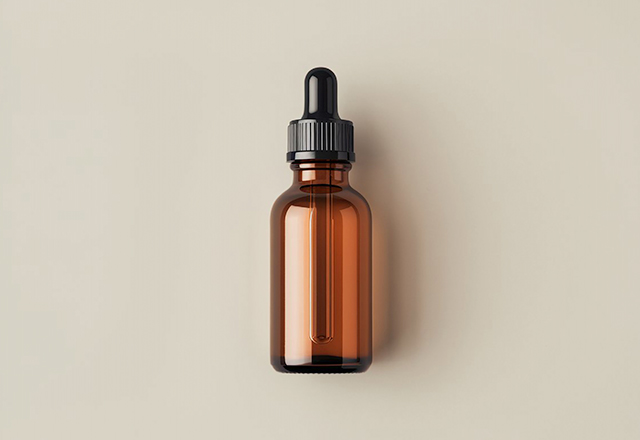
Corticosteroids
Pros:
- Can stimulate regrowth in patients with alopecia areata.
- Injections can show fast results in some cases.
Cons:
- Long-term use of oral corticosteroids can lead to serious side effects, including weight gain, high blood pressure, weakening of the immune system and osteoporosis.
- Topical and injectable steroids may cause thinning skin and other skin issues with prolonged use.
- Results may not be permanent, requiring multiple treatments.
- Can’t be used continuously long-term.

Vila Nova’s take
“As you can see from the list of pros and cons, most of these medications interfere with hormones such as testosterone and progesterone, yet far too much guess work is used when prescribing them. For example, if someone has a thyroid issue, blood is taken to measure thyroid function and then the medication dosage will reflect what is exactly needed to balance the thyroid hormones. But that doesn’t happen when hair loss medications are sold or prescribed. Not only are people not getting the right doses of what they need, they are also generally very unaware of the effects taking these medications long-term can have. And while I understand the importance hair holds, checking hormonal and immunity factors are fundamental before anyone even considers taking hair loss medications,” believes Vila Nova.
But are there efficacious alternatives to these medications? “Yes,” says Vila Nova. “Bioidentical technology like stem cells, growth factors, platelet rich plasma, biosomes, peptides, and amino acids, are proven to be more efficient when it comes to hair regeneration without the collateral damage of hormonal therapies like finasteride, minoxidil, spironolactone, and oestrogen. Bioidentical treatments aim to optimise the hair cuticle production mimicking our own body’s cellular proliferation, and they don’t cause a dependency or trigger a relapse if treatments are halted. They are the most biocompatible form of hair loss therapy, with very minimal risks associated with them.”
What’s more, unlike the medications available bioidentical treatments are very much not, a shot in the dark. “When it comes to the efficacy of bioidentical hair loss treatments compared to medications currently on offer, I would say that bioidentical treatments are far more superior, and their transformational results, without any side effects, and no downtime speak for themselves. That’s why I much prefer treating clients with cutting-edge bioidentical technology,” shares Vila Nova.
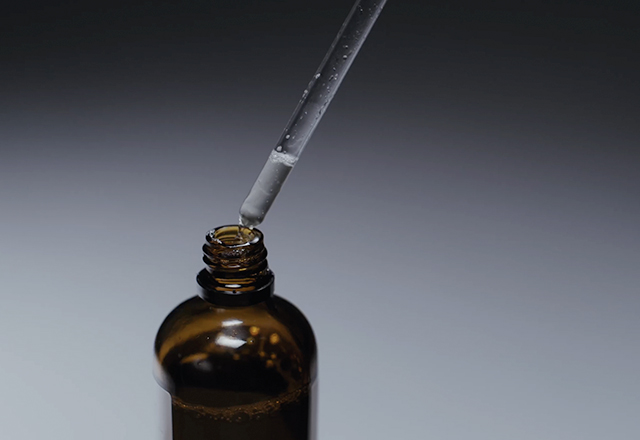
If you’re experiencing any form of hair loss, book in for a consultation to discover the best bioidentical treatment options for you.


